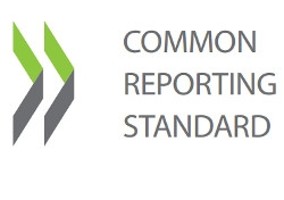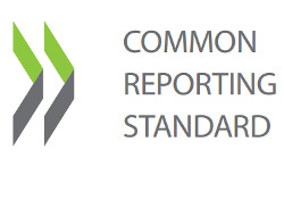HMRC has clarified rules requiring many foundations to check the tax status of all grant-holders - but the rules remain a "red tape outrage", according to the Association of Charitable Foundations.
The Common Reporting Standard (CRS) was introduced earlier this year with the aim of preventing tax evasion and requires financial institutions to report on account holders, which can also include charities reporting on recipients of grants.
Richard Jenkins, head of policy at the ACF, described the changes as "a red tape outrage" for organisations which have to fill in the forms.
Recent updates by HMRC on unit trusts, published by ACF, show that incorporated charities will not have to provide evidence of the tax status of all grant-holders. But all unincorporated charities relying on investment for more than half of their income will still have to do so.
HMRC also clarified that unit trusts will not be regarded as investments under ‘discretionary management’ – meaning that trusts or foundations that have placed all of their investments in unit trusts will not be caught by the Common Reporting Standard.
A post on the ACF website said: “HMRC regards the charity as essentially taking a share the profits of the unit trust rather than investing into the market directly".
“This feels like welcome progress. However, ACF is still in conversation with HMRC about the process to be put in place to cover those occasions when exchange of information with a foreign jurisdiction could give rise to human rights concerns for the individuals concerned. We expect specific guidance soon. We’re also seeking further clarification about what might or might not count as ‘discretionary management’.”
Further clarifications on incorporated organisations, state that “any UK charity that is incorporated may still qualify as a financial institution if they meet the income and discretionary management tests, however they will not have to carry out due diligence or report on grant holders, and will only be required to do so for members of the company who have a debt or equity interest,” ACF said.
According to ACF, the clarification should “reduce the bureaucratic burden for ‘incorporated charities’ which includes those incorporated by Royal Charter, Act of Parliament, and Charitable Incorporated Organisations”.
Yesterday, the Association of Charitable Foundations confirmed it was “continuing conversations” with HMRC on the rules and seeking further clarification on what might or might not count as “discretionary management”. It also said it was “urgently working” with HMRC, the charity regulators and other umbrella bodies to create an information sheet for charities, it said.
The common reporting standard rules have sparked “deep concerns” by sector bodies over the administrative burden on placed on charities, which had called for an exemption for charities.
In May, several sector umbrella bodies wrote to the minister for civil society, Rob Wilson, to raise concerns that the transparency regime could cause funders to scale back on grants. The bodies, including the ACF, the Charity Finance Group (CFG) and the Association of Charitable Organisations, urged Wilson to make the case for charities to be exempt from the reporting requirements.
In response to concerns, HMRC said it would adopt a “soft landing approach”.
Related articles













